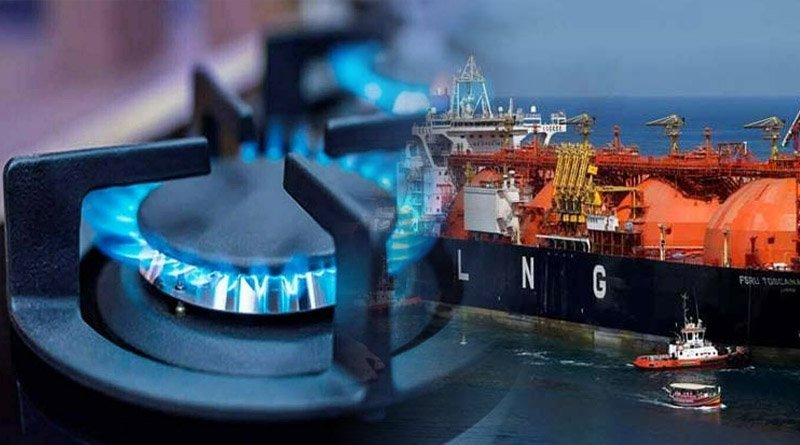The Republic of Congo will rely heavily on Congo LNG to meet its energy needs, as well as to support economic growth and provide worthwhile export opportunities.


The Congo Liquefied Natural Gas (LNG) project foundation stone was laid on 25 April by the president of the Republic of the Congo, H.E. Denis Sassou Nguesso, and Claudio Descalzi, CEO of the world’s largest energy company, Eni. This innovative project is a crucial component of Eni’s diversification plan and the nation’s first foray into natural gas liquefaction.
By 2025, the project is expected to produce 3 million tonnes of energy annually, which is equivalent to about 4.5 billion cubic metres.
This project has enormous potential for the Republic of the Congo’s energy sector. The project calls for the installation of two floating LNG (FLNG) plants that will process gas from the Nenè and Litchendjili fields, which are already in production, as well as any new fields that come online.
It also includes an accelerated development schedule and a zero-flaring approach. The FLNG vessels will start producing in 2023 and 2025, respectively, and have a production capacity of 0.6 million tonnes per year (mtpa) and 2.4 mtpa.
The project represents a significant step towards achieving energy security in Africa by utilising natural gas resources, and the African Energy Chamber, the voice of the African energy sector, supports it.
The Republic of Congo will rely heavily on Congo LNG to meet its energy needs, as well as to support economic growth and provide worthwhile export opportunities.
The founding of Congo LNG is a testament to the nation’s resolve to maximise the value of its natural resources and to fortify its position on the world energy market.
The Republic of the Congo wants to dominate the energy market, spurring economic growth, job creation, and technological advancements by utilising its gas reserves and embracing LNG production. In order to give the nation a dependable source of power generation, Congo LNG plans to tap into the plentiful gas resources of the Marine XII block.
Additionally, the project will boost industrialization and socioeconomic development in Africa by supplying LNG for the regional energy market, enhancing the continent’s energy security.
The project will increase domestic opportunities and value addition from gas while also increasing revenue for the nation by supplying LNG to global markets, with a focus on Europe. As a result, the project’s importance cannot be overstated.
We are happy to announce the beginning of one of Eni’s major projects, which was made possible through cooperation with the Republic of the Congo and is expected to make a significant contribution to the industrial competitiveness and energy security of both Italy and Europe.
This result highlights the value of long-term cooperation with our African partners at a time when crucial strategic decisions need to be made about future supply route diversification and European energy mix decisions in the direction of energy accessibility and availability and progressive decarbonization, said Descalzi, Eni’s CEO, at the inauguration ceremony.
The project shows how collaboration between resource-rich nations in Africa and global oil companies results in successful project developments, highlighting the importance of public-private partnerships in Africa’s energy sector. We applaud the launch of the Congo LNG project by the Minister Jean-Richard Bruno Itoua, Raoul Ominga of SNPC, and their teams, as well as Eni.
The development of natural gas resources and LNG production in Africa is essential to meet energy demands, spur economic growth, and promote regional cooperation, says NJ Ayuk, the Executive Chairman of the AEC. “This significant move not only positions the country as a key player in the global LNG market but also signifies a major step towards energy security in Africa.
The Congo LNG project offers other African countries a blueprint for how to harness gas resources, develop industries with added value, and participate in Africa’s energy transition. It represents a significant turning point in Africa’s energy development and confirms the continent’s place as a major player on the world energy scene.
Support for Congo LNG from the AEC demonstrates how crucial regional collaboration is to advancing sustainable energy solutions and enhancing Africa’s energy landscape.
Throughout the African Energy Week in Cape Town, we anticipate seeing more project updates. The Republic of the Congo gains from this significant step towards energy security through gas exploitation, which also paves the way for other African countries to use their natural resources for sustainable development.
